1 of 164
Download to read offline
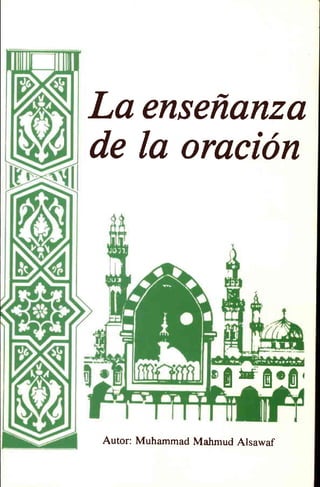
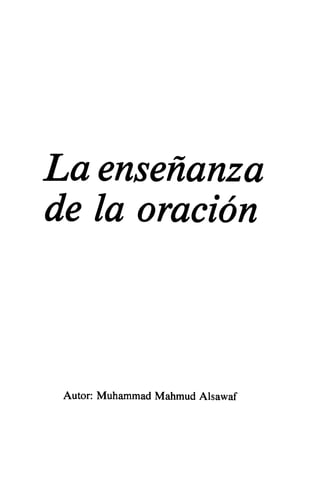
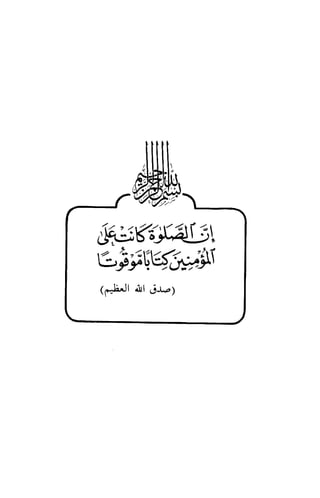
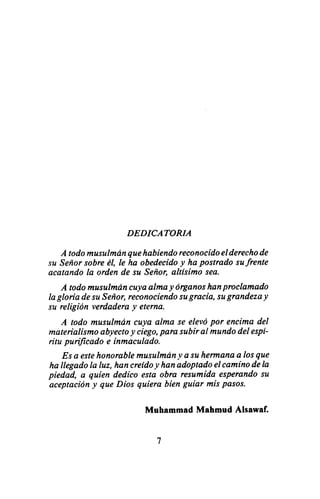
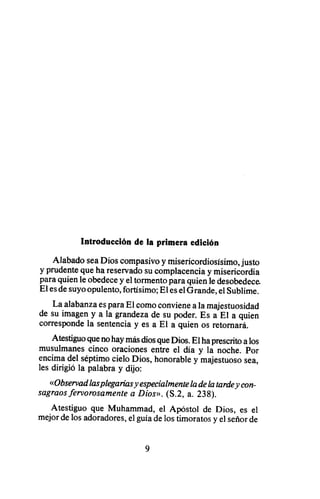
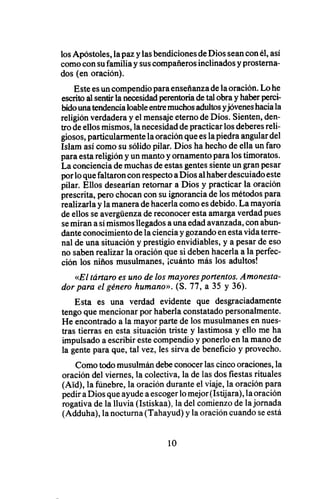
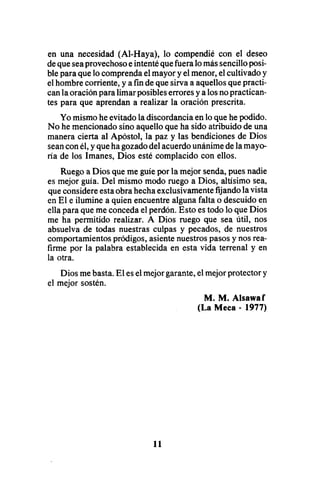
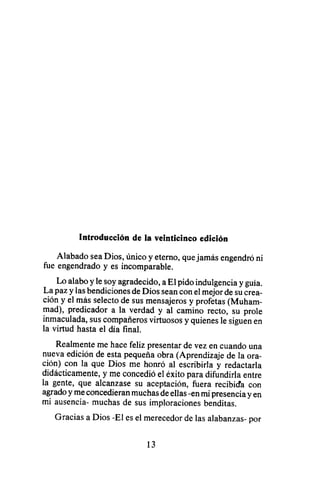
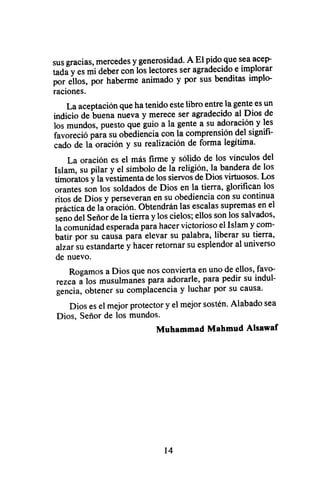
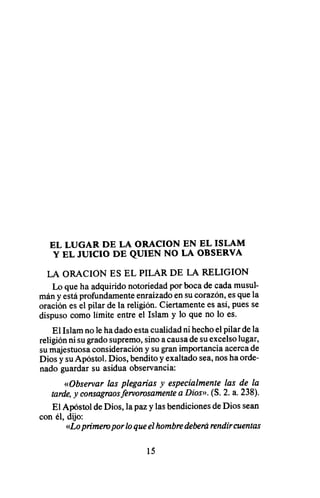
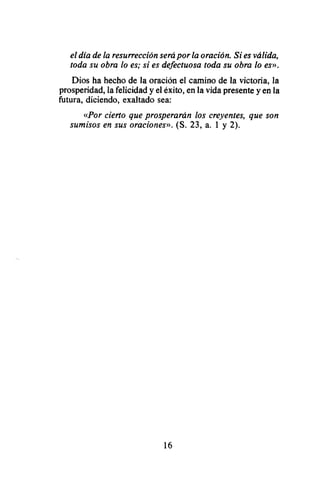
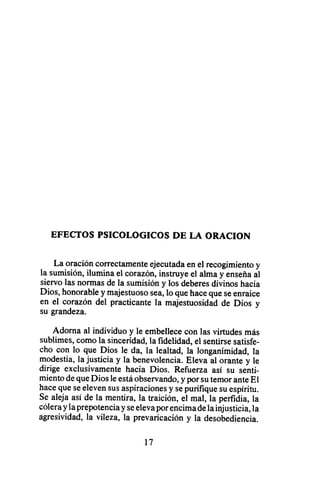
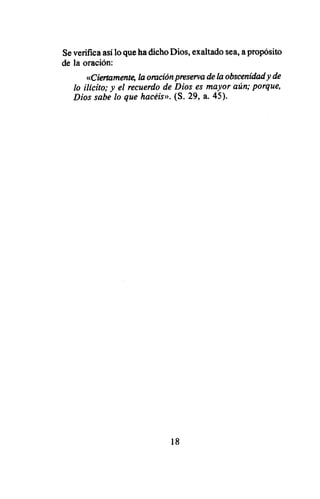

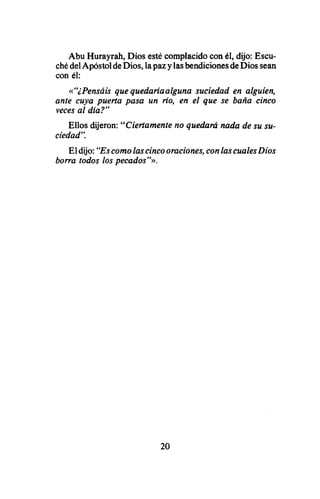
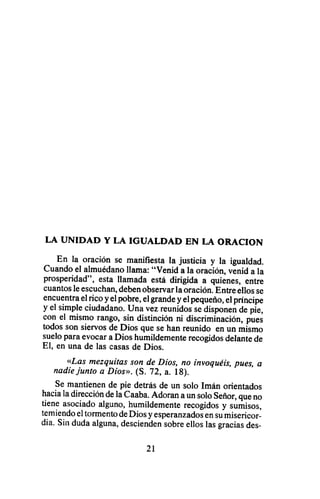
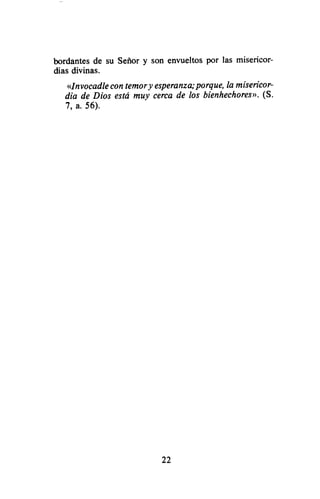
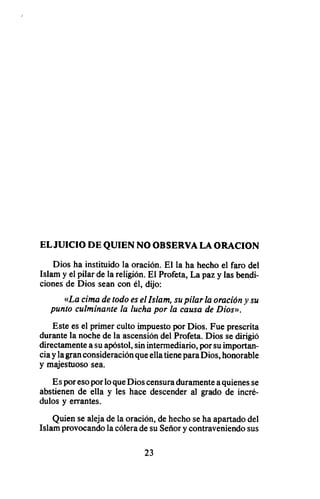
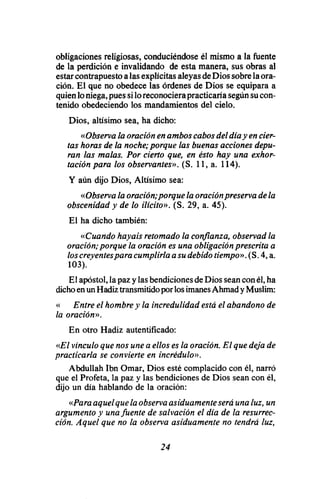
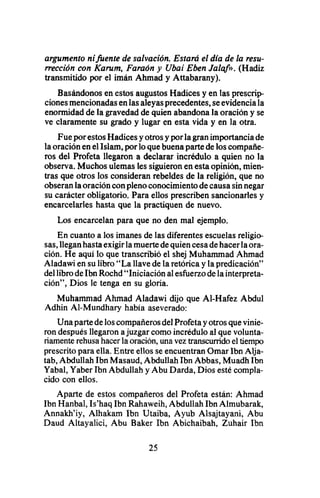
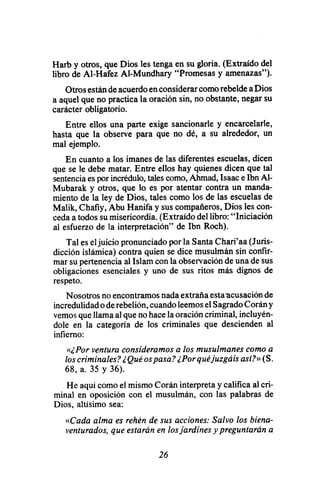
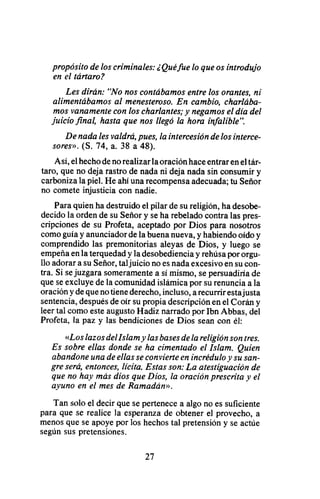
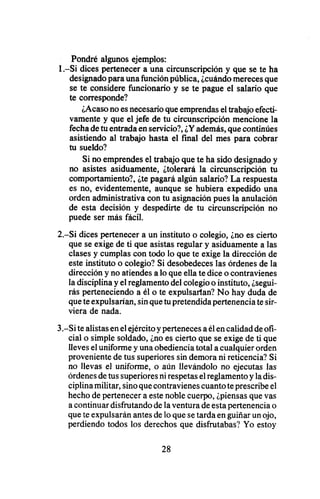
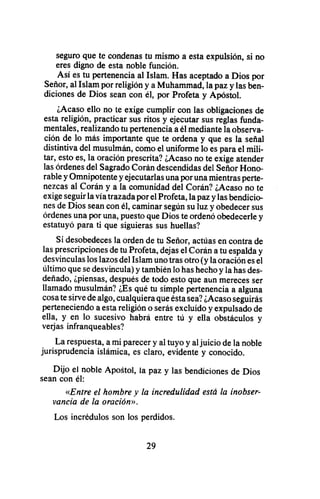
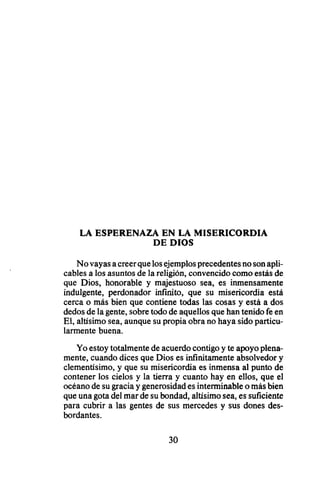
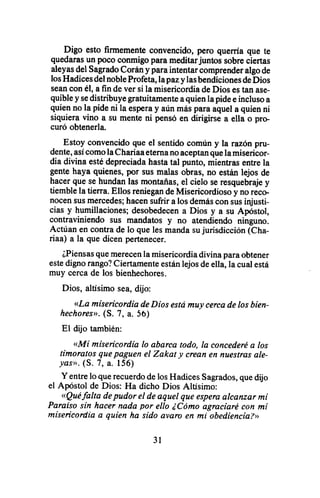
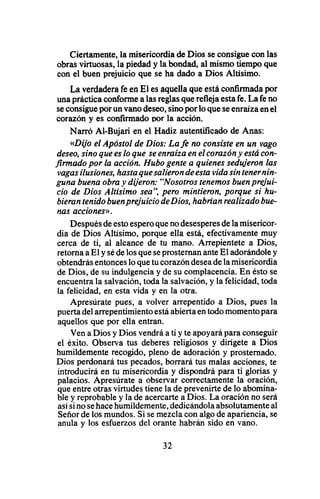
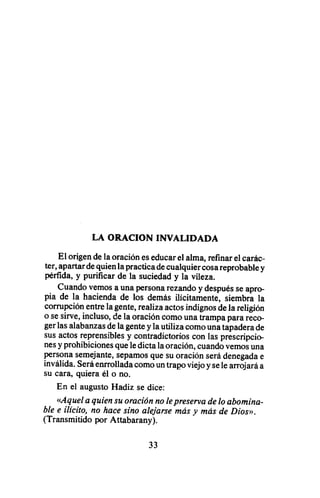
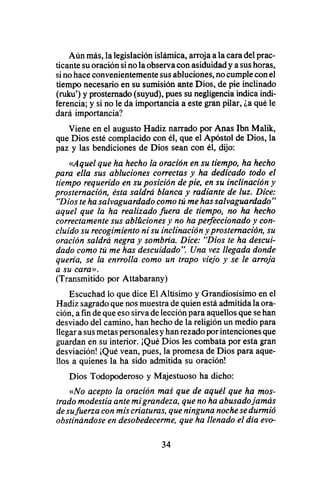
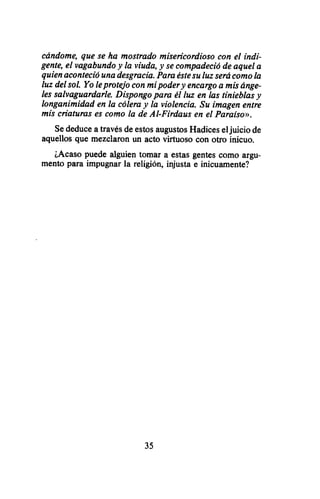
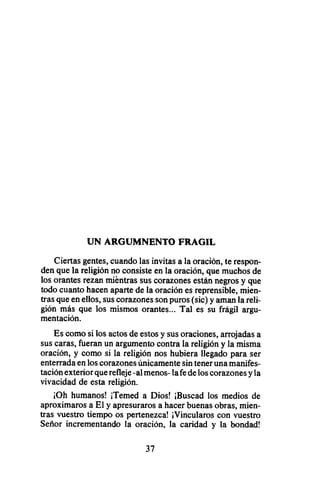
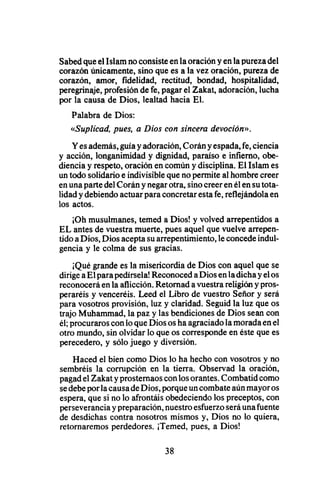
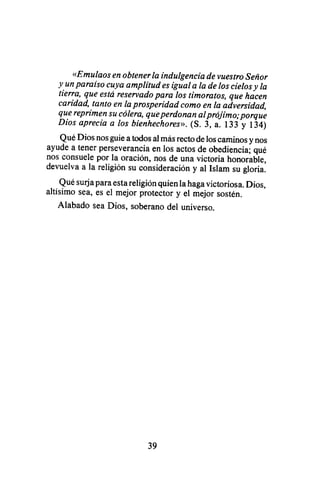
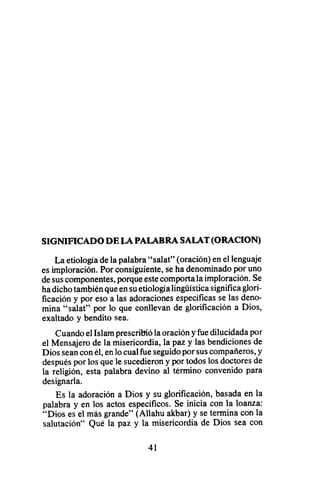
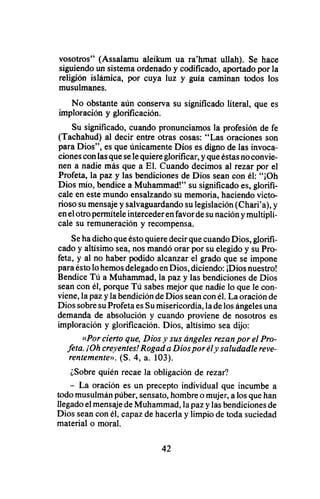
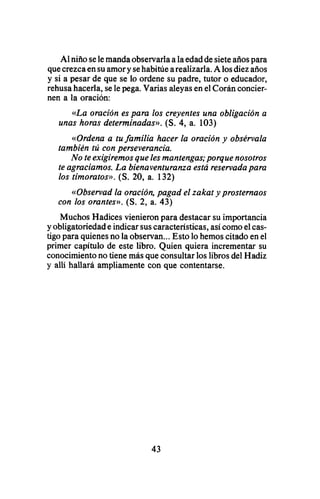
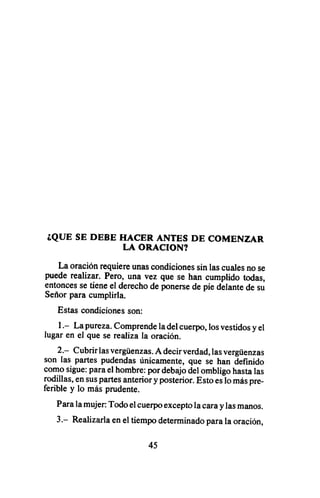
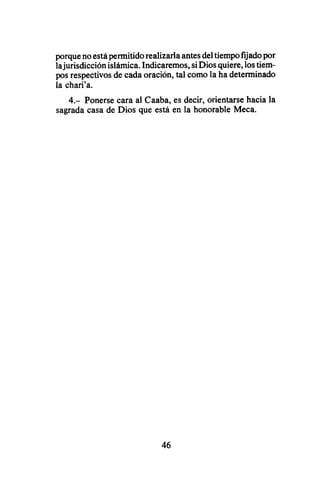
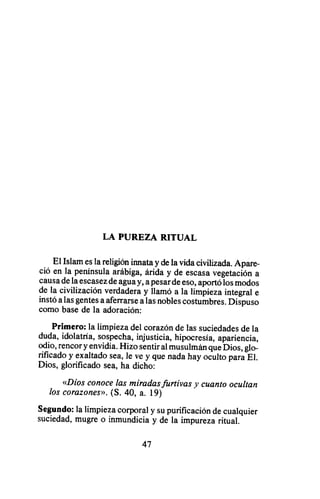
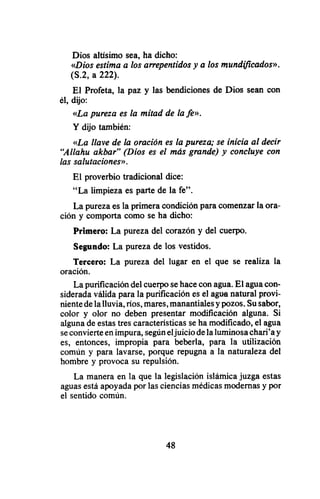
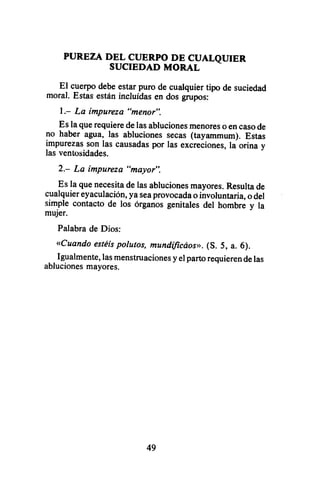
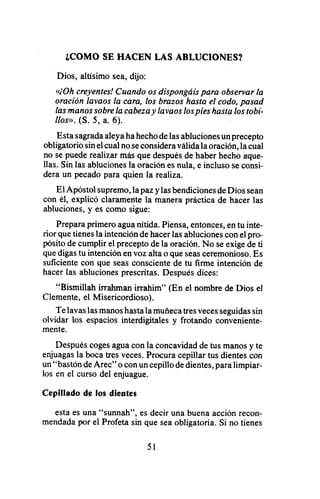
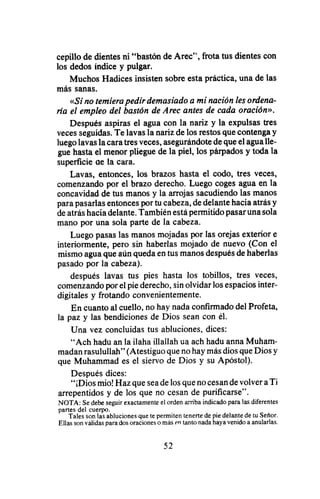
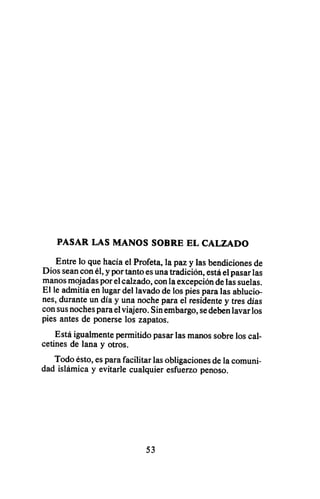
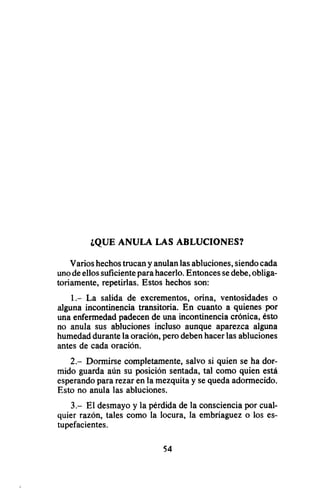
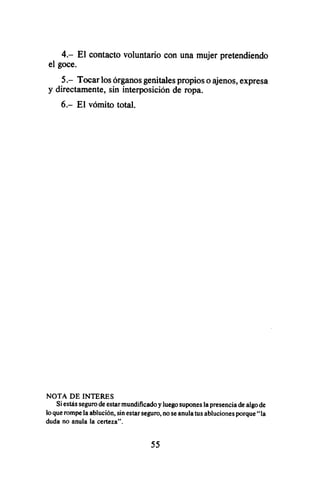
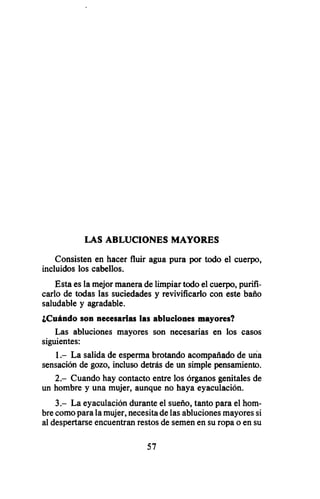
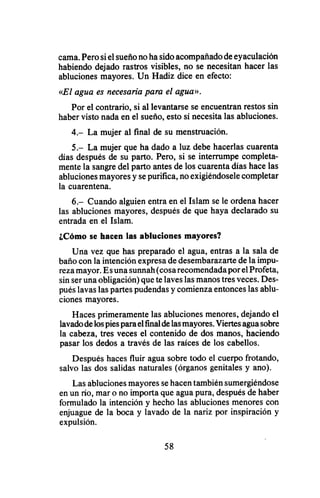
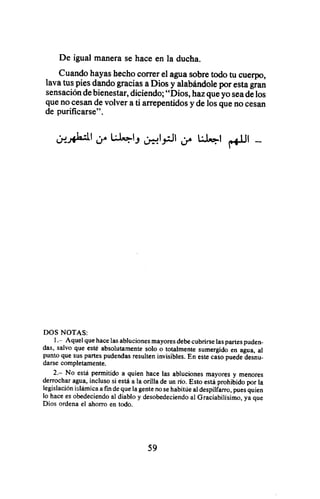
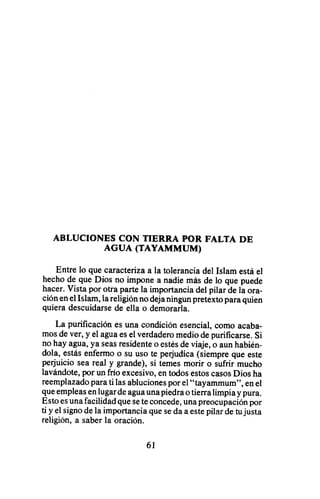
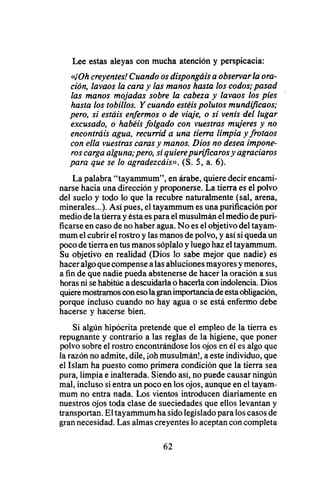
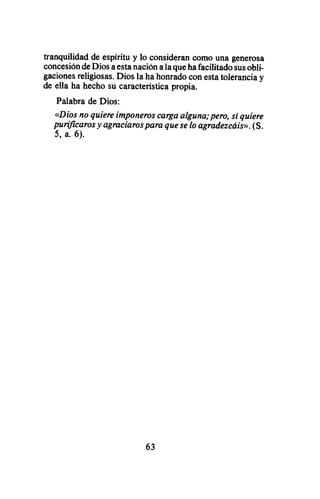
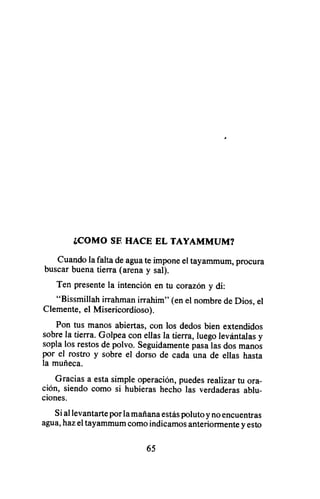
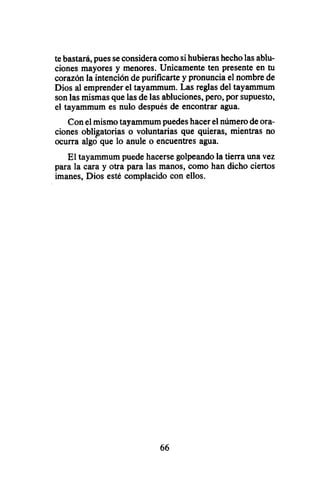
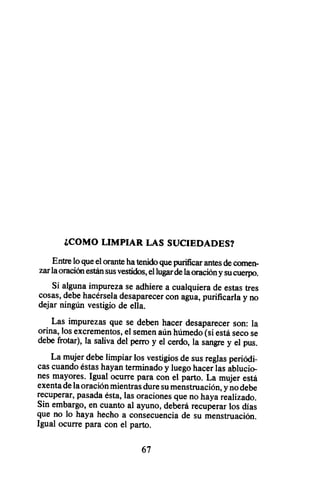
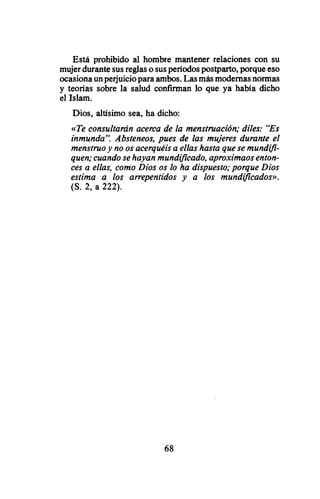
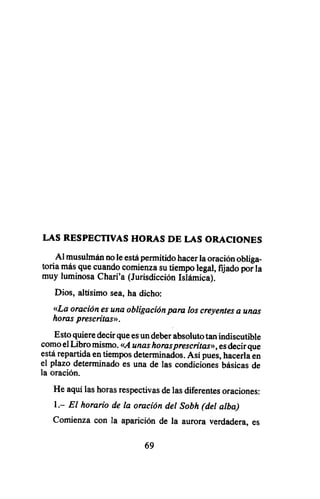
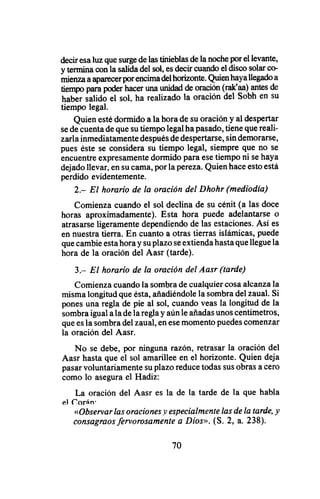
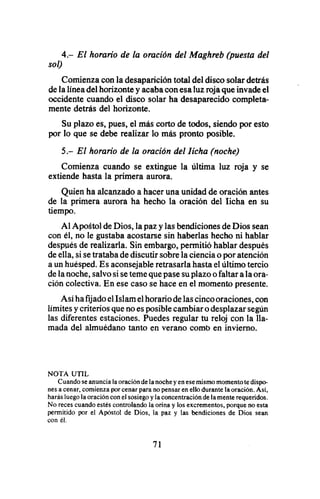
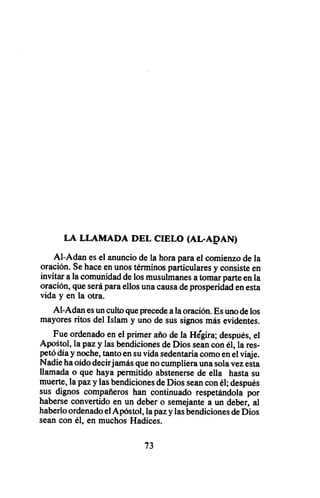
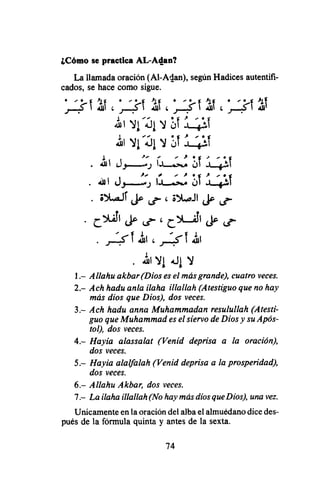
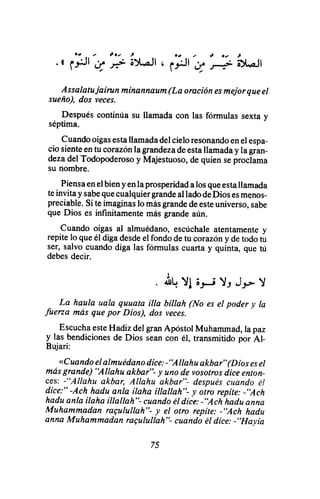
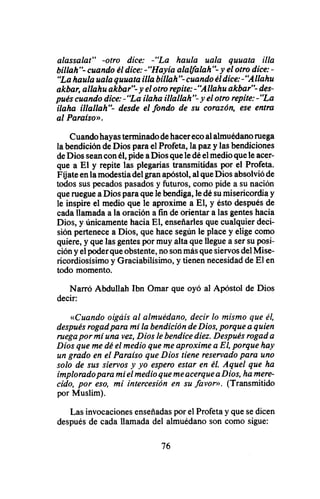
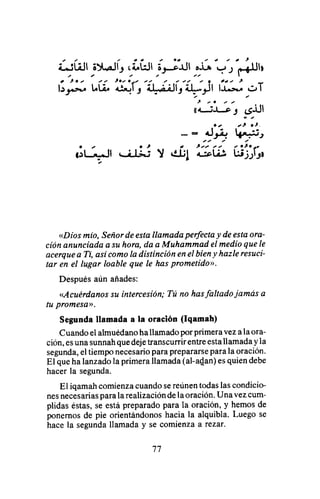
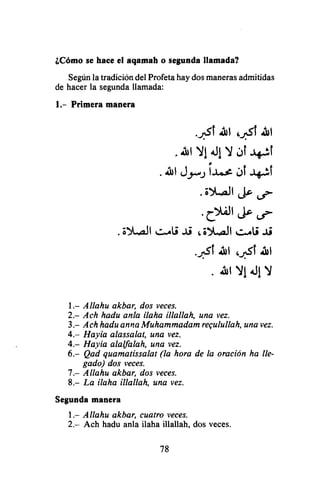
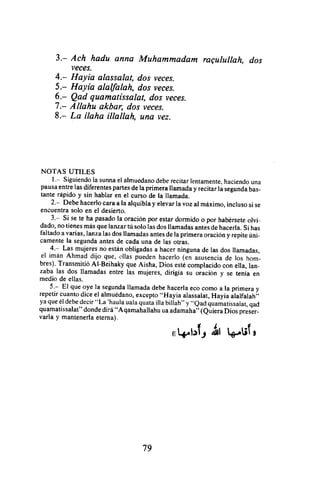
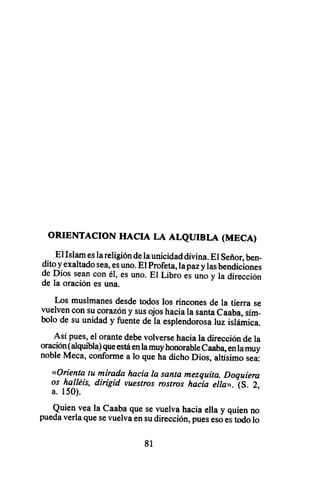
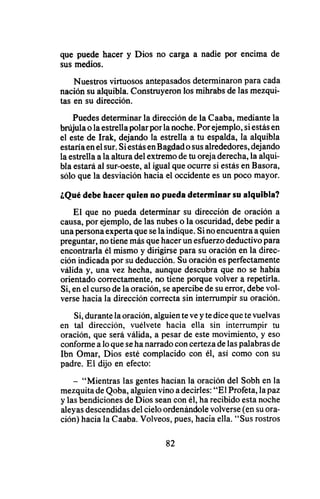

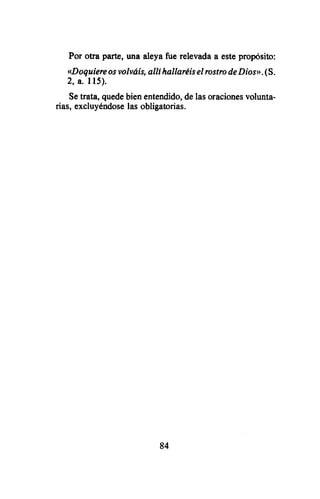
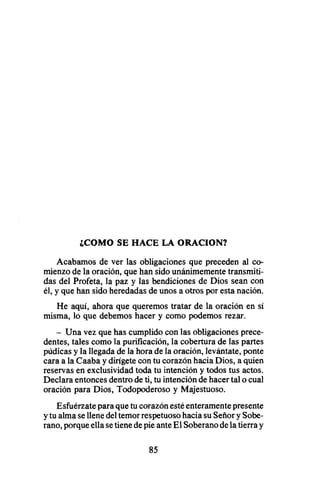
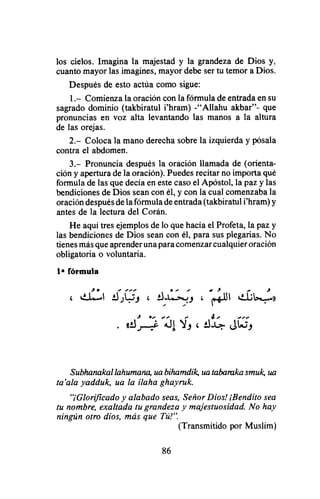
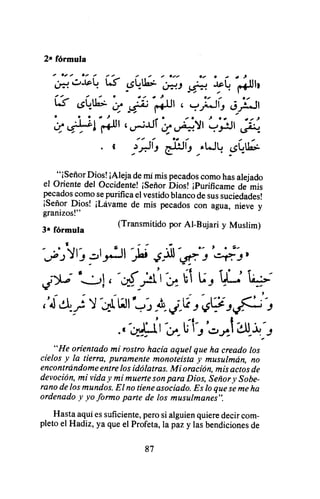
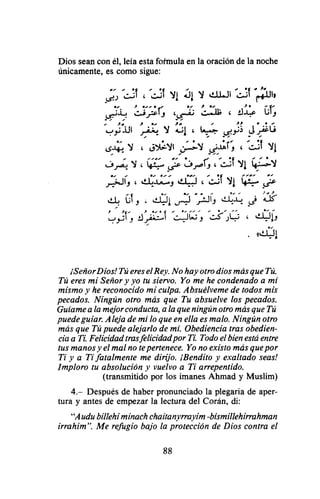
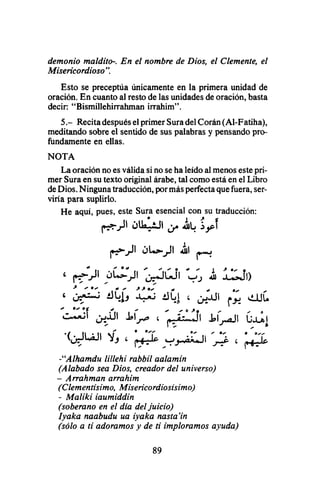
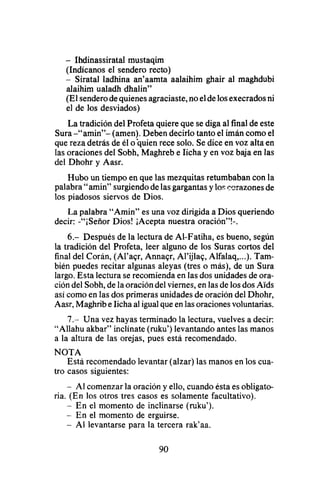
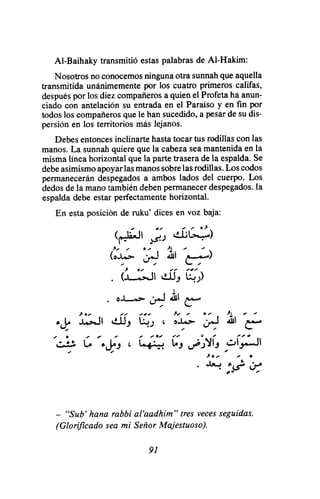
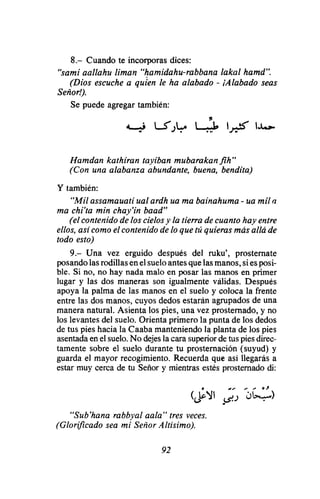
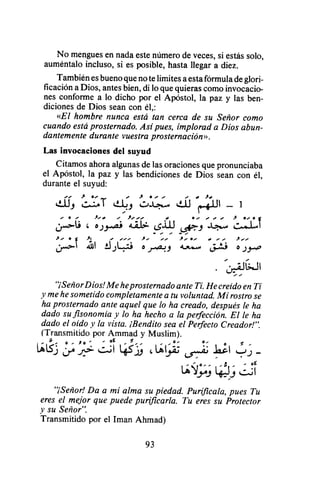
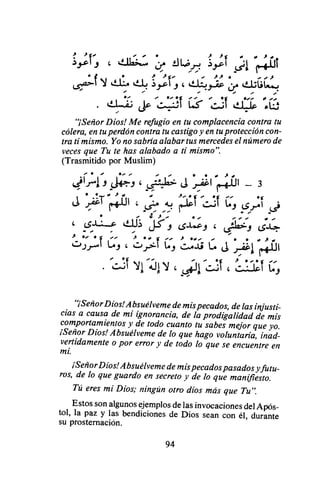
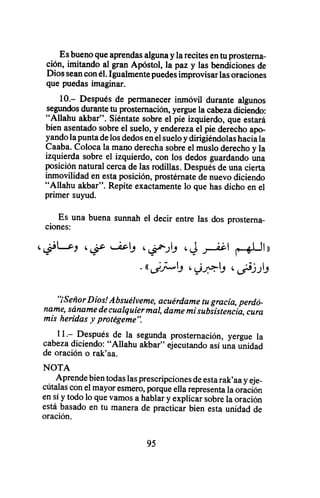
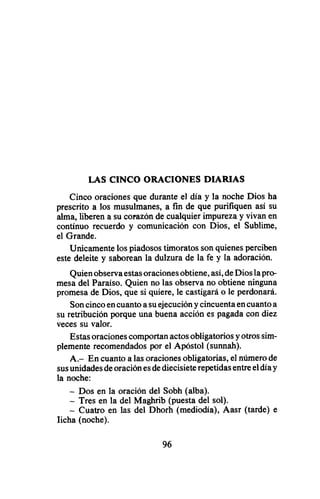
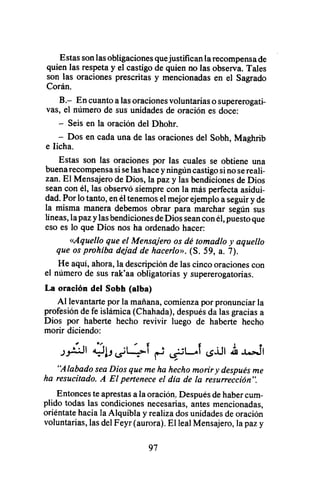
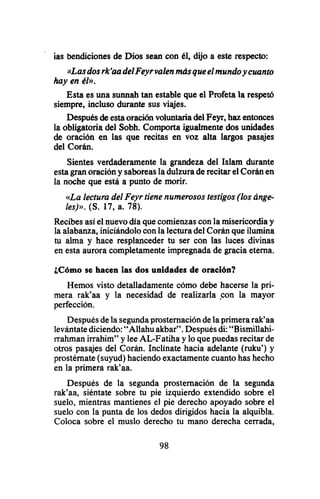

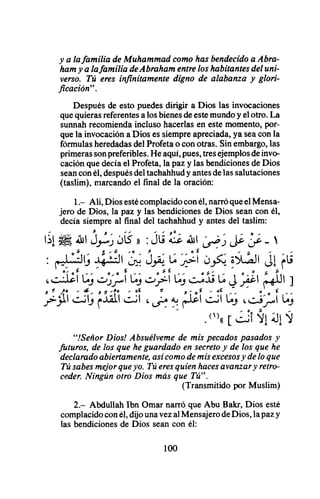
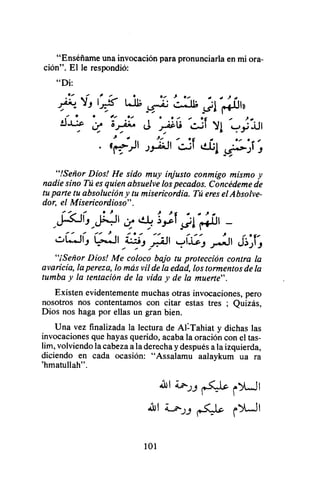
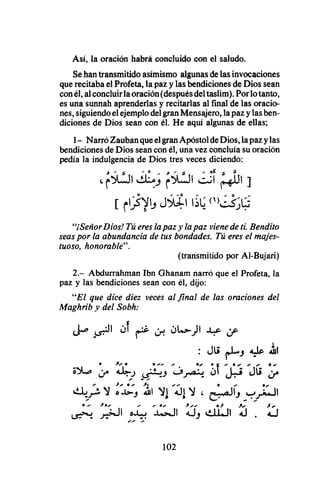
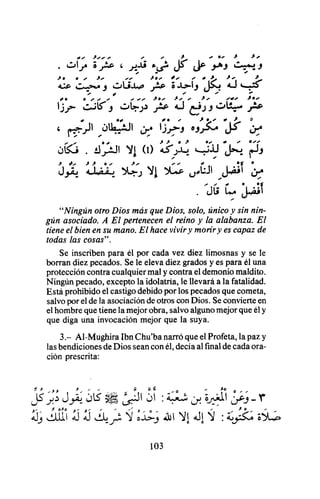
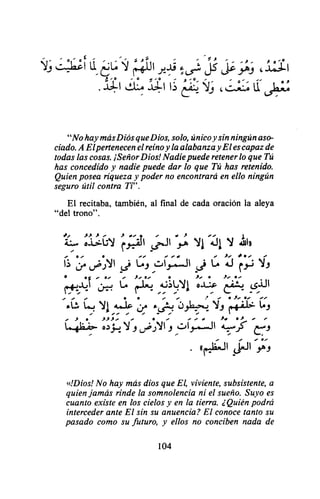
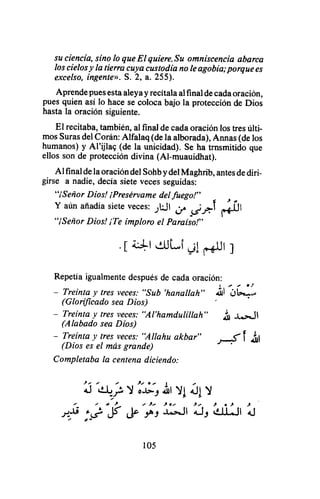
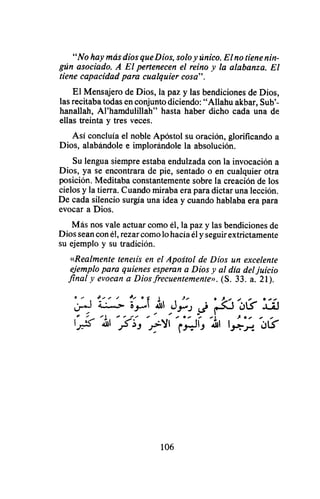

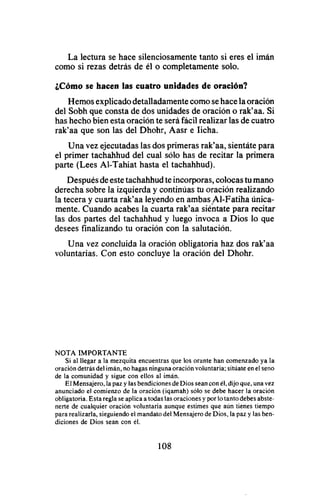
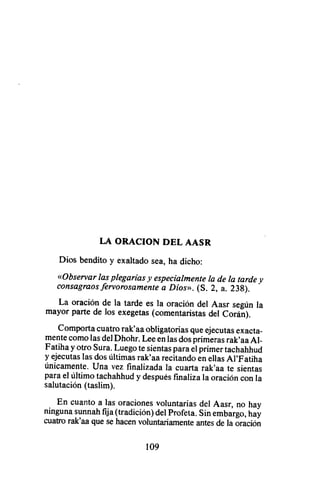
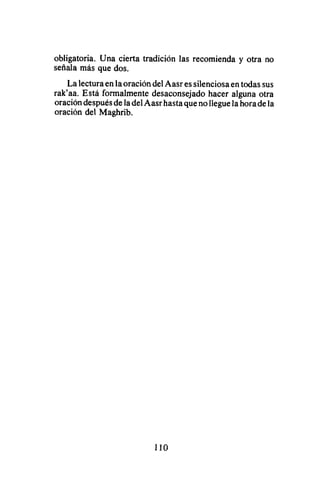
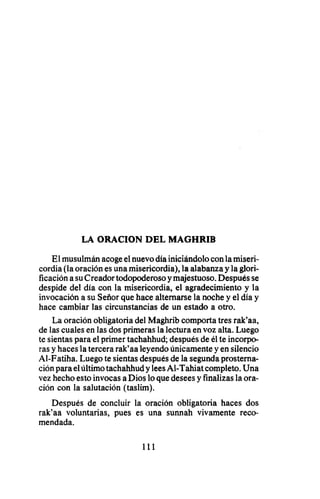
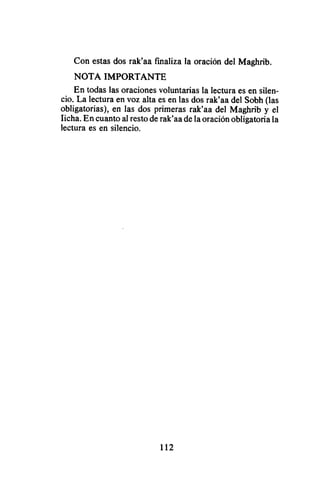
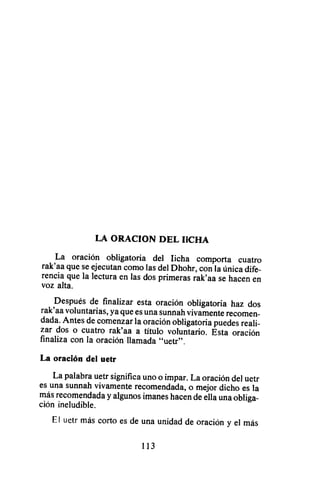
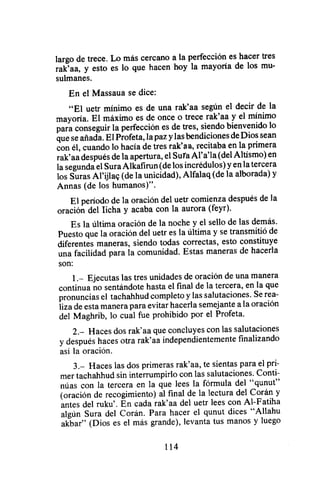
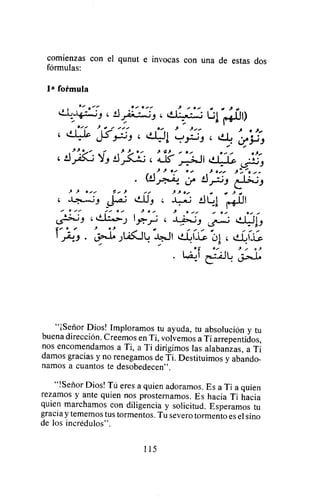
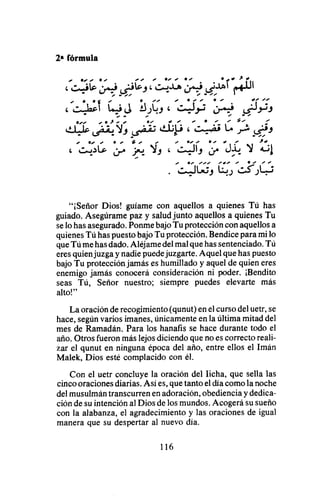
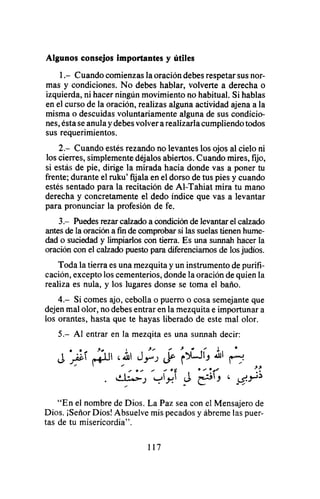
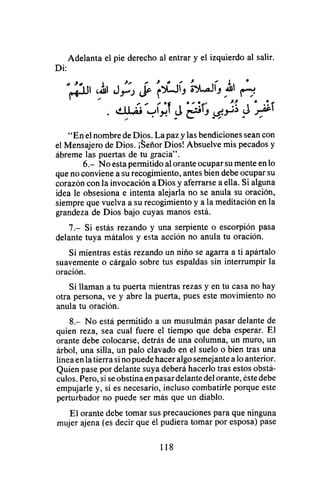
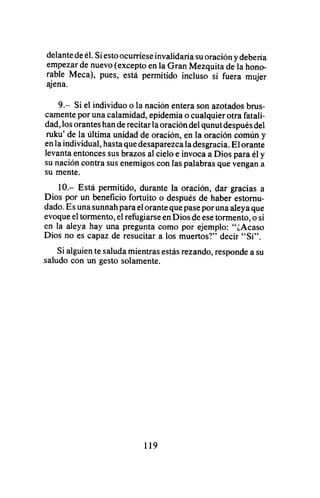
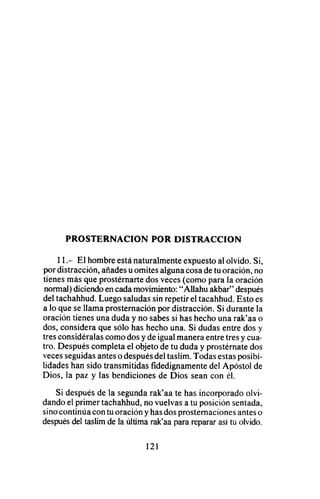
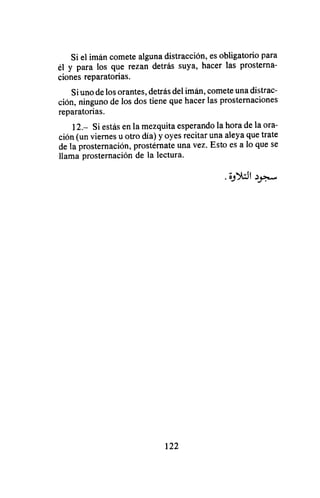
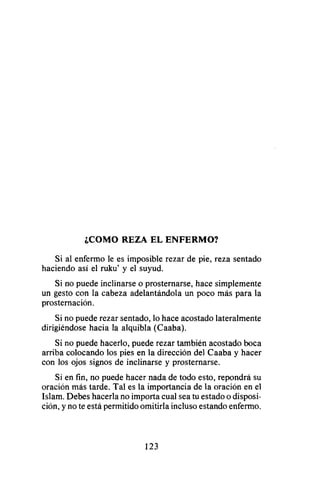

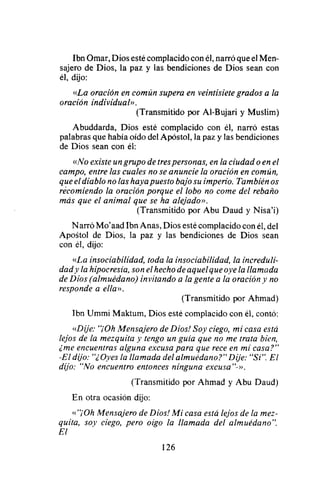
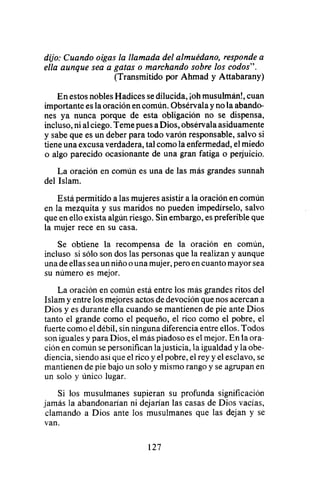
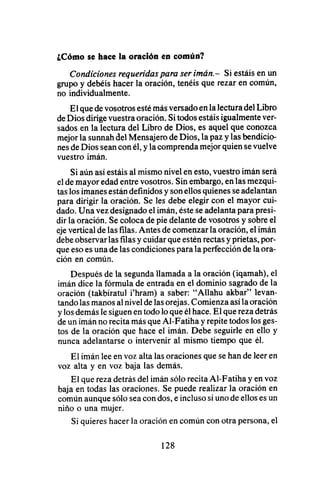

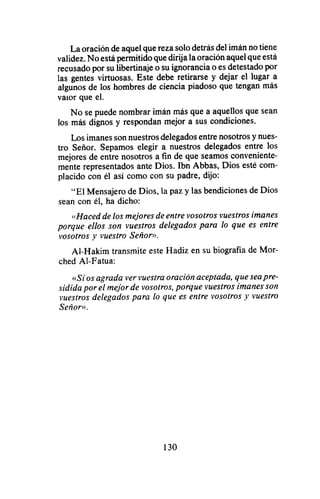
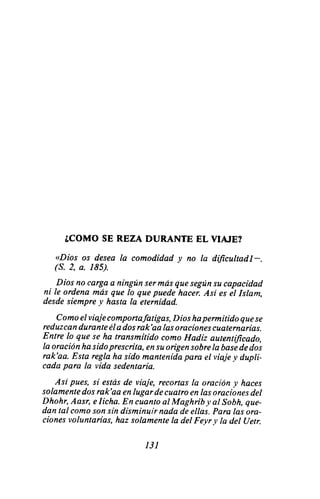
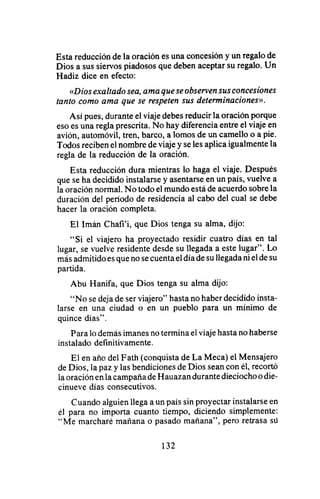
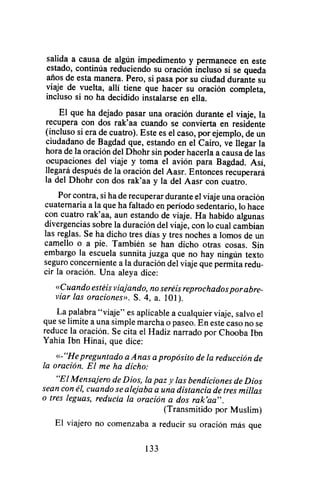
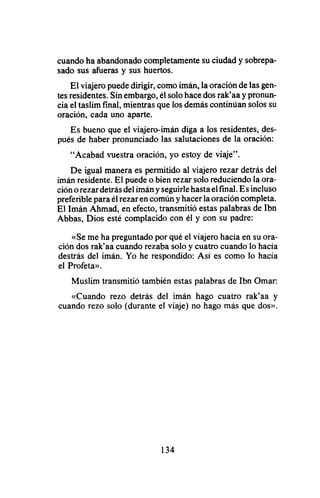
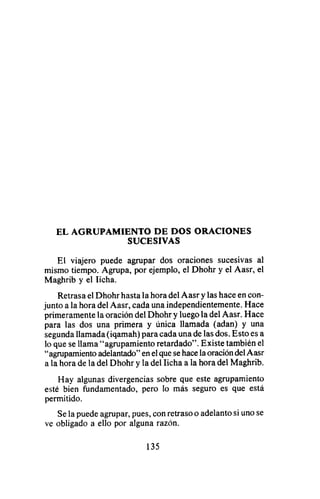
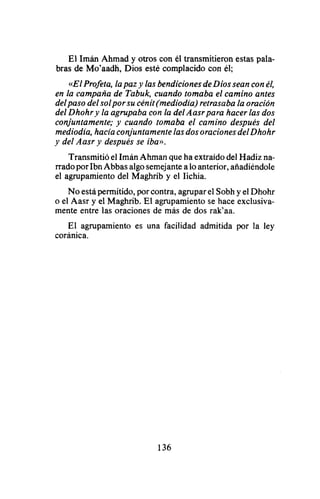
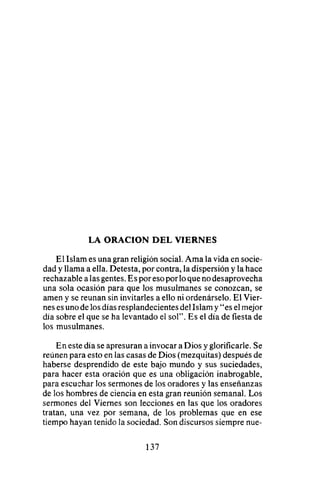
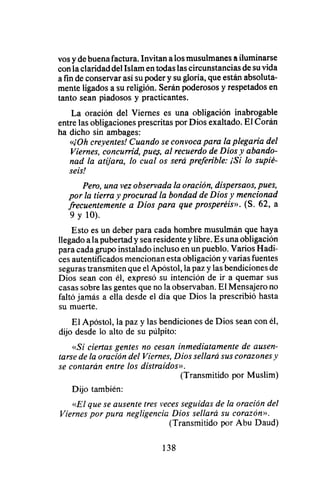
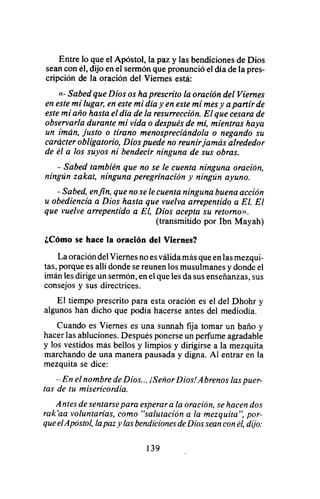
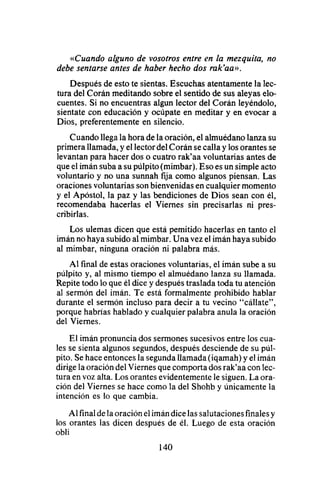
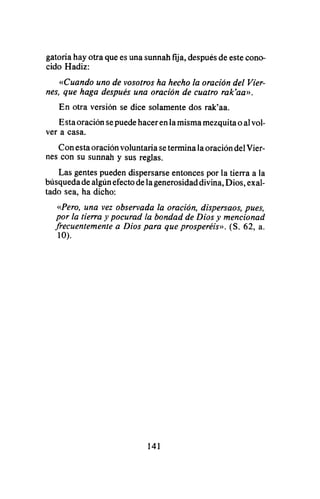
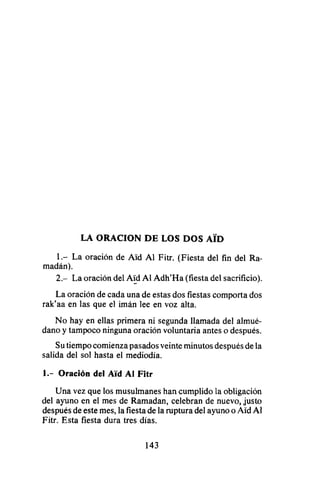
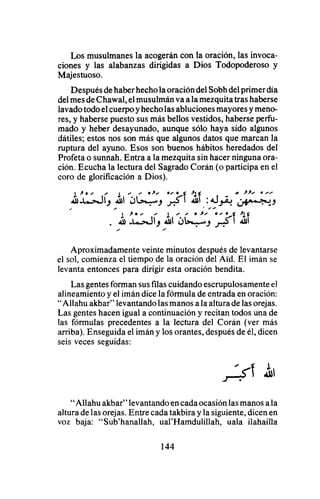
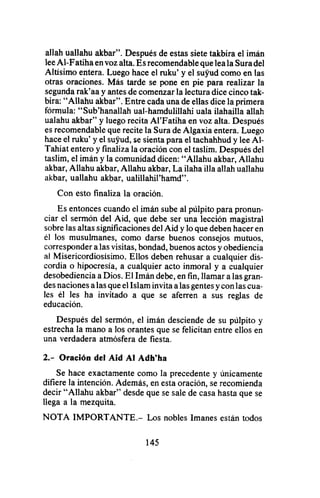
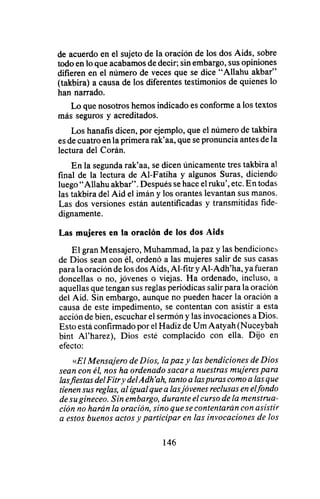

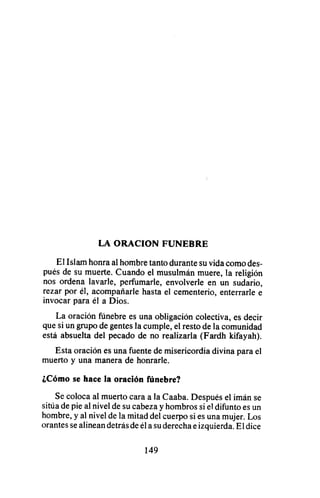
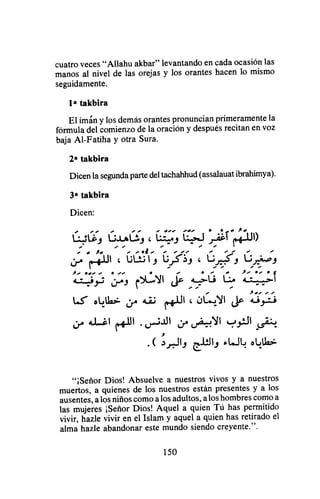
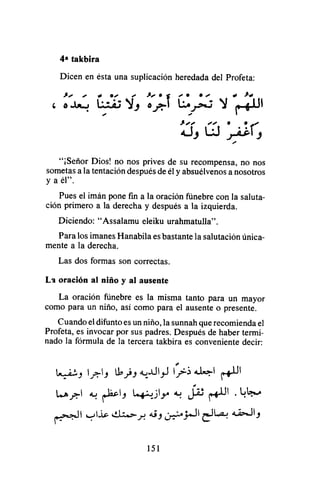
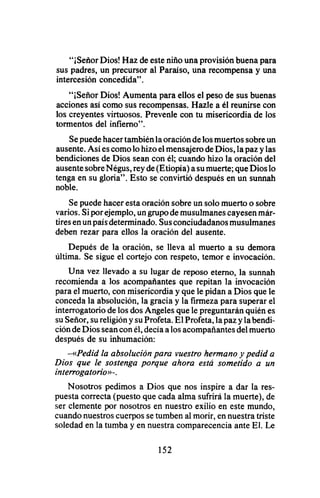
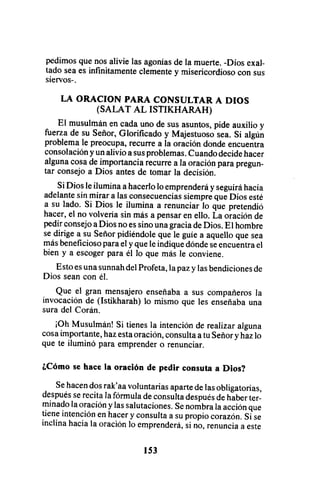
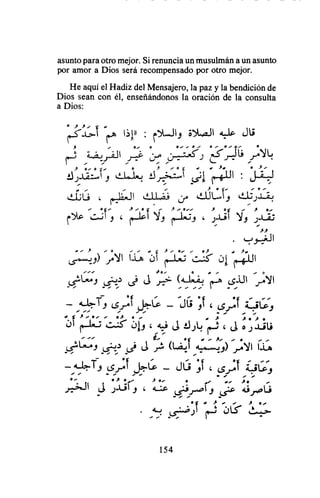
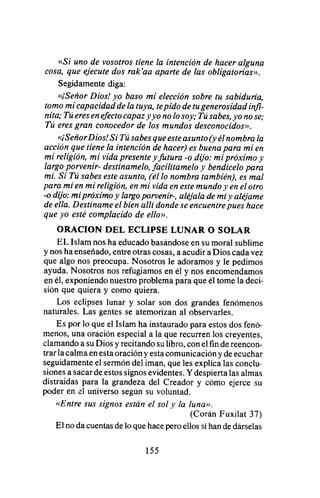
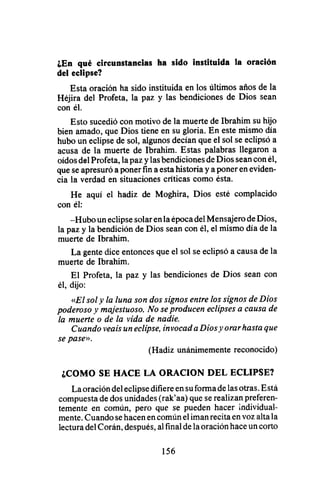
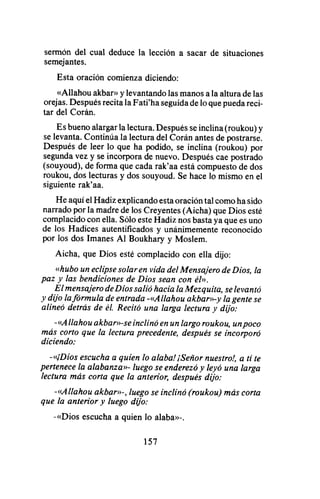
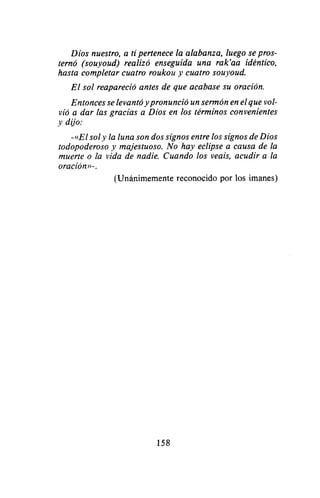
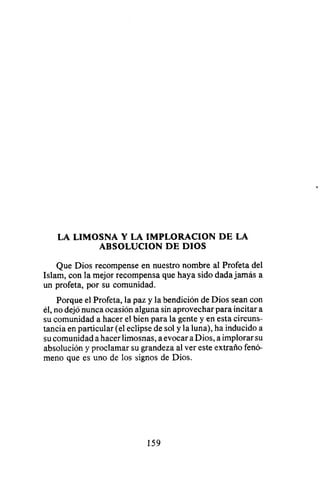
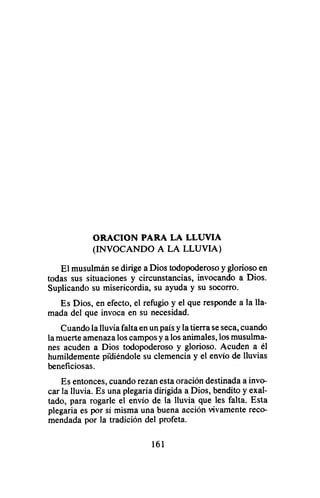
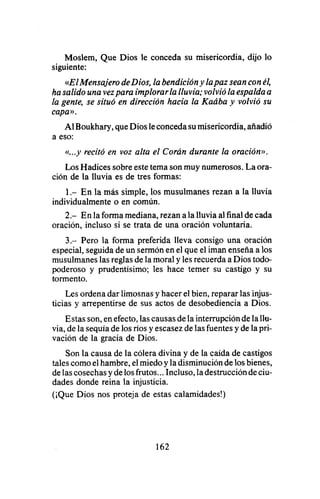
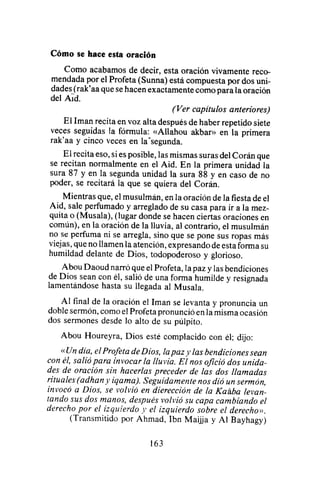
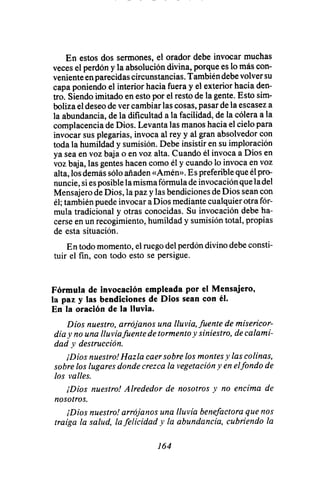
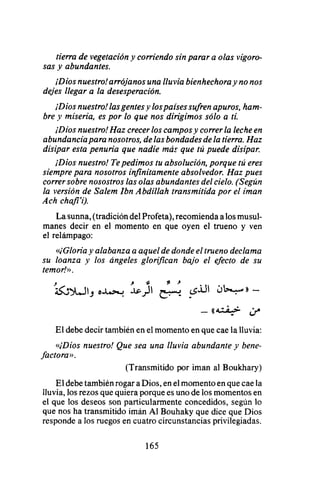
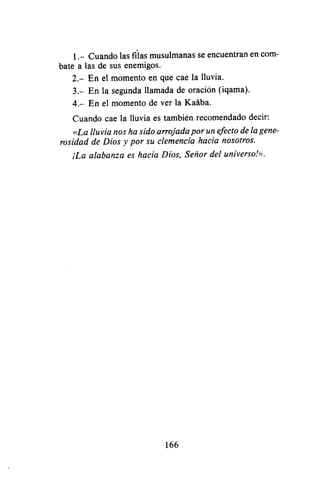
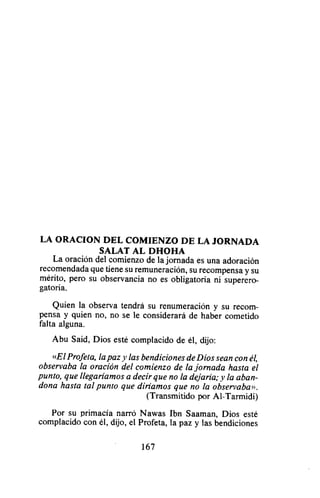
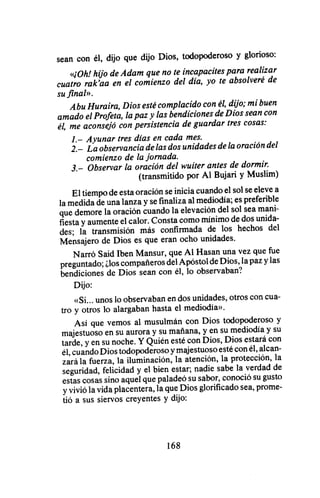
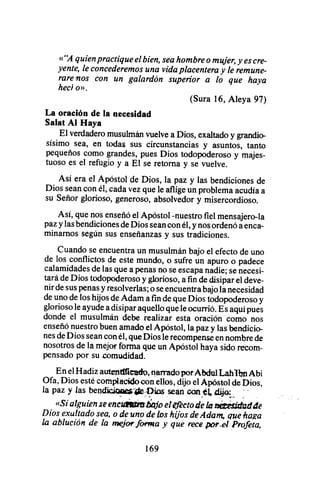
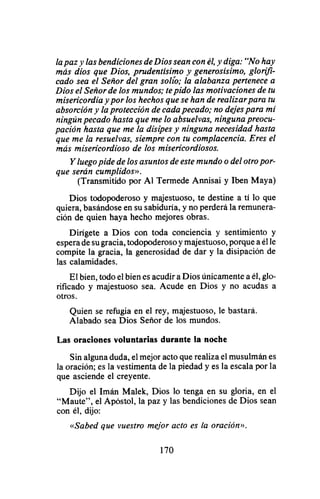
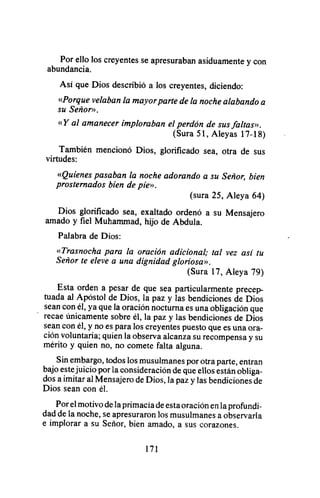
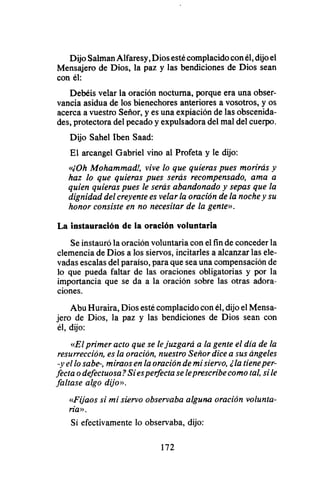
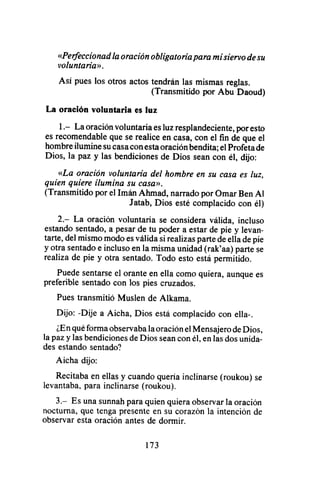
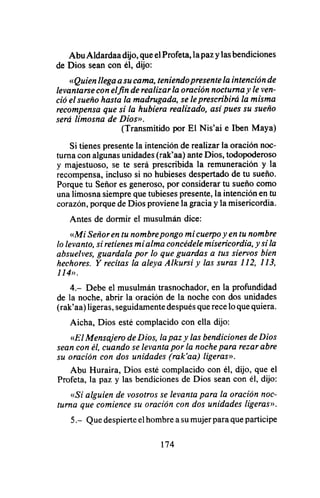
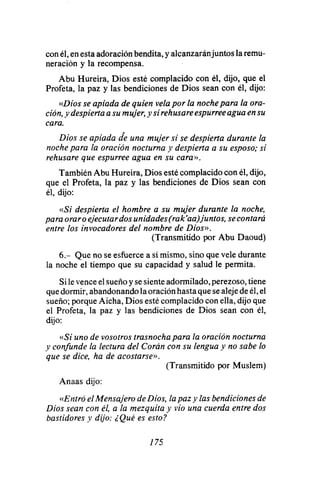
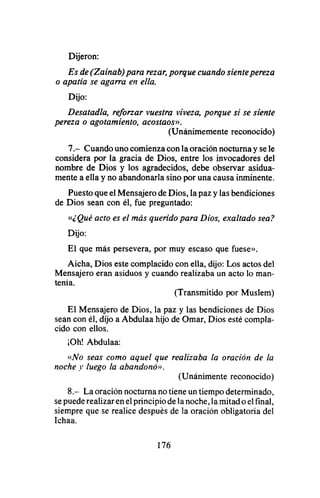
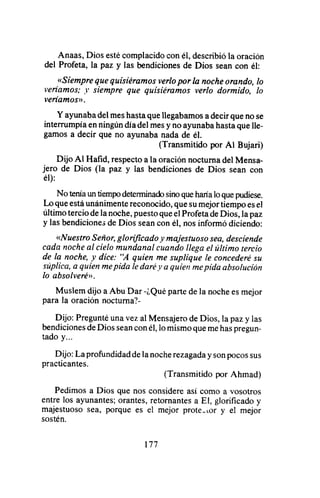
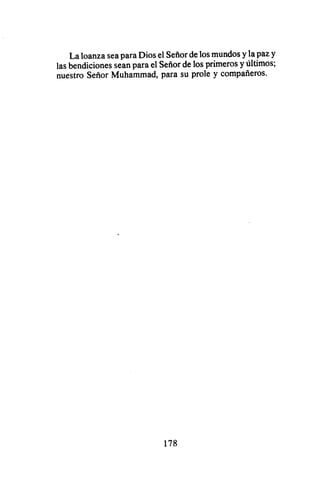
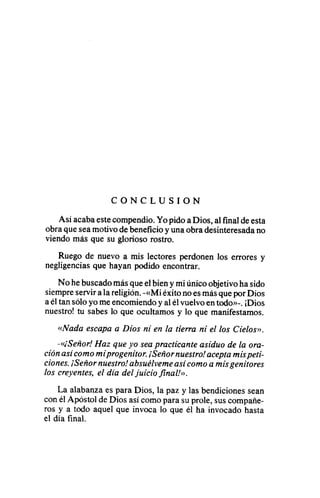
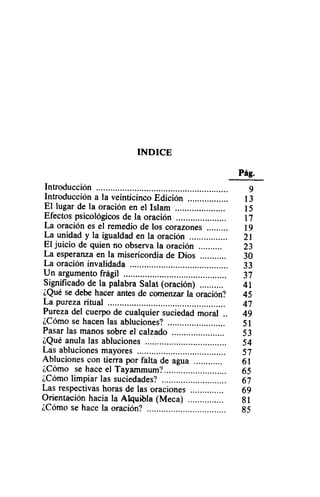
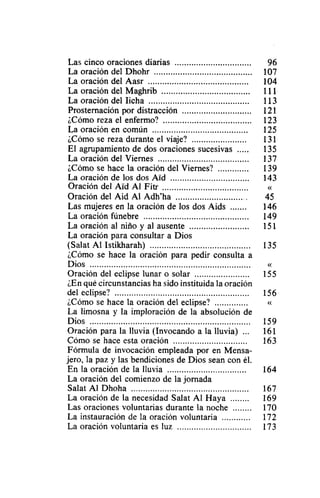
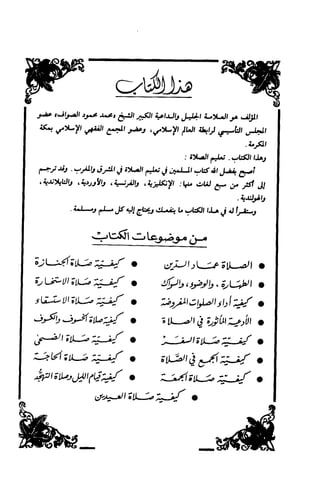
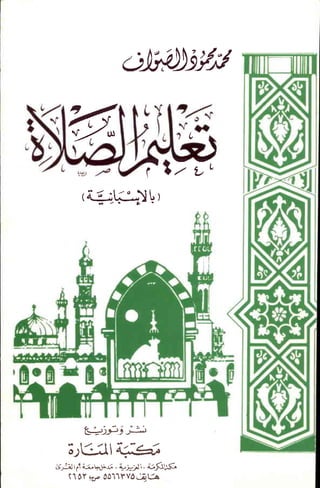
Ad
Recommended
En womens rights a historical perspective
En womens rights a historical perspectiveHappiness keys
?
This document provides an overview of women's rights from a historical perspective, with a focus on comparing the status of women in major religions and contemporary societies. It discusses how women have been mistreated in many cultures throughout history, manipulated by men while the mistreatment was blamed on religious teachings. The document aims to objectively analyze how Islamic teachings actually promoted women's rights centuries before other societies by restoring dignity and rights.En why people accept islam
En why people accept islamHappiness keys
?
This document discusses reasons why people accept Islam in different regions and eras. It identifies 5 main reasons based on examples from the time of the Prophet Muhammad: 1) The role model of close companions; 2) Responding to the message of Islamic monotheism; 3) Seeking religious truth; 4) Reading the Quran; 5) Marriage to Muslims. Modern surveys in various countries find these same top reasons still apply. The document concludes follow-up is needed to support new converts and their families to prevent leaving the faith.En who is the creator
En who is the creatorHappiness keys
?
The document discusses who or what can be considered the creator. It argues that matter cannot be eternal or the creator for several reasons: 1) Eternity implies everlastingness and self-sufficiency, attributes that matter does not have; 2) Modern science tells us about the nature of matter; 3) The attributes of being all-knowing, all-powerful, etc. that are implied by eternity cannot apply to matter. It then discusses why the creator must be the God of Islam, noting that Islam claims other religions have been distorted over time but the Quran has been preserved. Finally, it provides arguments for why the creator cannot have children.En what is the sunnah
En what is the sunnahHappiness keys
?
The Sunnah refers to everything related from the Prophet Muhammad regarding his statements, actions, tacit approvals, personality, physical description, or biography. It is considered a form of divine revelation from God alongside the Quran. The Sunnah explains and provides details for laws found in the Quran, as well as examples of applying these laws. It held the status of revelation during the Prophet's lifetime and is the second source of Islamic law after the Quran.En what is a miracle
En what is a miracleHappiness keys
?
1) A miracle is defined as an extraordinary act or event contrary to the laws of nature that can only occur through direct intervention from God. Miracles serve to prove the truthfulness and credibility of prophets.
2) Miracles differ from magic, which involves tricks or illusions, and karamahs, which are extraordinary events for righteous believers but not prophets.
3) God granted different miracles to prophets that were relevant and understandable to the people of their time, such as Moses' staff swallowing magicians' tricks and Jesus curing illnesses. The Quran itself is considered the greatest miracle for Muslims.En the pleasures of paradise in brief
En the pleasures of paradise in briefHappiness keys
?
The document summarizes the pleasures of Paradise according to Islamic teachings. It describes Paradise as a place with gardens, rivers, and pleasures beyond human comprehension where believers will live happily and healthily forever. The lowest rank in Paradise will have 10 times the wealth of this world and whatever else they desire. A small space in Paradise would be better than everything in this world. Believers who do good deeds will be admitted to Paradise with its eternal pleasures.En the choice islam and christianity2
En the choice islam and christianity2Happiness keys
?
The document discusses the history of chocolate, describing how it originated from cacao beans grown by the Olmecs and Mayans in Mexico and Central America. It then explains how Spanish conquistadors introduced chocolate to Europe in the 16th century, where it became a popular drink among the elite. The document also notes that chocolate eventually became widely consumed in the form of chocolate bars and candies.En the choice islam and christianity1
En the choice islam and christianity1Happiness keys
?
The document discusses the history of chocolate production and consumption. It details how chocolate originated from cacao beans grown in Central and South America by the Maya and Aztec civilizations. The Spanish introduced chocolate to Europe in the 16th century, where it became a popular drink among the elite. By the 19th century, chocolate had evolved into solid candy bars and was mass produced and marketed around the world.En the book of prayer
En the book of prayerHappiness keys
?
This document provides information about Islamic prayer (salaat) in Islam. It discusses various topics related to prayer including wudu (ablution), ghusl (full body wash), menstruation, tayammum (dry ablution), the timings and types of obligatory prayers, how to perform prayers, things that invalidate prayers, congregational prayers, and other voluntary prayers. The document is intended to serve as a comprehensive guide to the different aspects and rulings pertaining to salaat in Islam.En prohibition of beating women
En prohibition of beating womenHappiness keys
?
The document discusses whether Islam allows or forbids beating women. It notes that Islam takes its laws from the Quran and teachings of Prophet Muhammad. While one hadith suggests Muhammad initially allowed beating, he later clarified to never beat women after many complained of abuse. The Prophet is described as having the best character and never harming women or children. Therefore, the document concludes that based on Islamic sources, beating women is forbidden in Islam.En islam the perfectly complete religion
En islam the perfectly complete religionHappiness keys
?
Ė├╬─ĄĄ╠ų┬█┴╦ėą╣ž▓╗═¼║“čĪ╚╦╝░Ųõ▒│Š░Ą─╣žŽĄą┼ŽóŻ¼▓ó╔µ╝░ėļ┼®ęĄ║═╦«ū╩į┤╣▄└ĒŽÓ╣žĄ─ų„╠ŌĪŻ╬─ĄĄųą╗╣╠ߥĮ┴╦ę╗ą®ėļĘ©┬╔║═╣µČ©ŽÓ╣žĄ──┌╚▌Ż¼╠ž▒╩ŪšļČį╠žČ©╩Ą╩®╦Ą├„Ą─┐╝┬ŪĪŻš¹╠Õ╔ŽŻ¼šŌ╩Ūę╗Ę▌Čįė┌ū╩į┤Ęų┼õ║═╗ĘŠ│╣▄└ĒĄ─ŽĻŽĖ▒©ĖµĪŻEn islam its foundations and concepts
En islam its foundations and conceptsHappiness keys
?
This document provides an introduction to Islam, discussing its foundations and concepts. It begins by noting that mankind has many questions about existence that science cannot fully answer, and that guidance is needed from the true religion revealed by God. It then discusses the oneness and uniqueness of God, noting verses from the Quran that affirm God is one and unlike any other. The document invites readers to follow Islam as the straight path guided by God.En islam and christianity
En islam and christianityHappiness keys
?
The document discusses the benefits of exercise for mental health. Regular physical activity can help reduce anxiety and depression and improve mood and cognitive functioning. Exercise has also been shown to boost self-esteem and can serve as a healthy way to manage stress.En intimate issues
En intimate issuesHappiness keys
?
Islam views marriage and intimacy between spouses as important aspects of a holistic lifestyle that fulfills physical, emotional, and spiritual needs. Sex is encouraged within marriage to cement the spousal bond but prohibited before or outside of marriage. The document outlines Islamic guidelines for intimacy, including only permitting vaginal sex between married partners and prohibiting anal sex or sex during menstruation. It also discusses the importance of sex education and fulfilling each partner's needs, as well as maintaining privacy around intimate matters.En christianity the original and present reality
En christianity the original and present realityHappiness keys
?
This document summarizes the origins and present beliefs of Christianity based on analysis of Christian texts. It discusses three main points:
1) Originally, Christianity taught monotheism and that Jesus was a prophet, consistent with other prophets.
2) There is no evidence Jesus claimed to be the son of God; the term was also used for other prophets and groups.
3) The concept of the Holy Trinity, including Jesus as the second person, cannot be found in the New Testament and contradicts its statements that only God is God. The document aims to analyze Christianity based on its own texts.En can taking a life be justified
En can taking a life be justifiedHappiness keys
?
Taking a life can be justified under Islamic law in only two situations: for murder or for crimes against the community like treason that threaten social stability. The death penalty requires extremely strict evidentiary standards and can only be carried out by a Muslim ruler, not individuals. Islamic law aims to preserve individual rights while maintaining community rights and emphasizes justice, mercy, and forgiveness. Even when called for, the death penalty is meant to be carried out humanely with the promise of forgiveness.En are you ready for islam
En are you ready for islamHappiness keys
?
This document introduces Islam as a solution to many of the problems facing modern societies. It summarizes that while technology has advanced, societies are more confused and uncertain than ever before. Alcohol, drugs, gambling, interest-based economies, and increasing disparity between rich and poor have negatively impacted communities. The document then explains how Islam directly addresses and prohibits these issues through its religious texts and principles of charity. It presents Islamic economic systems and social welfare practices as alternatives that can cure societal ills and ensure greater prosperity, stability, and justice for all.En answers to 7 common questions about islam
En answers to 7 common questions about islamHappiness keys
?
1. Islam is the religion and way of life revealed by God to all prophets including Muhammad. It means submission to God alone through worship and obedience to His law.
2. Muslims are those who freely accept and obey the teachings of Islam, regardless of race or ethnicity. Over 80% of Muslims are not Arab.
3. Allaah is simply the Arabic word for Almighty God, the same God worshipped in Judaism and Christianity. Muslims believe in the one God of all prophets.En alcohol
En alcoholHappiness keys
?
1) Alcohol consumption leads to many social problems and health issues according to statistics from Russia and the United States. It is a major cause of early death, accidents, violence, and family breakdown.
2) A story from the Prophet Muhammad's life illustrates the evil consequences of alcohol when his drunk uncle insulted the Prophet and had unjustly killed someone's camel. The Prophet said "alcohol is the mother of all evils."
3) Islam completely prohibits alcohol consumption and intoxicants because anything that clouds judgment or reduces inhibitions is deemed harmful, even in small amounts. Severe punishment is prescribed in this life and the next for those who produce, sell or consume alcohol.En 3 reasons for god
En 3 reasons for godHappiness keys
?
1) The document provides 3 reasons for believing in God: a) the order and laws seen in the universe point to an intelligent designer, b) the Big Bang had a cause (God) as the first uncaused cause, and c) belief in God comes naturally to human beings and is innate in children.
2) It argues that the order and organization of the universe requires an intelligent organizer like a mobile phone requires a maker. The Big Bang had a cause and that first cause must be timeless, spaceless, and immaterial - attributes of God.
3) Studies show children believe in God without being taught, indicating it is part of human nature, implying God instilled this belief in humanity.Ku tabarok krdn ba aweik halzanrabeit la mooy sari peigambar
Ku tabarok krdn ba aweik halzanrabeit la mooy sari peigambarHappiness keys
?
Ku tabarok krdn ba aweik halzanrabeit la mooy sari peigambar . Ku hokmi aw bawardaray ka tawano gonah dakat
Ku hokmi aw bawardaray ka tawano gonah dakatHappiness keys
?
Ku hokmi aw bawardaray ka tawano gonah dakat . More Related Content
More from Happiness keys (20)
En the choice islam and christianity2
En the choice islam and christianity2Happiness keys
?
The document discusses the history of chocolate, describing how it originated from cacao beans grown by the Olmecs and Mayans in Mexico and Central America. It then explains how Spanish conquistadors introduced chocolate to Europe in the 16th century, where it became a popular drink among the elite. The document also notes that chocolate eventually became widely consumed in the form of chocolate bars and candies.En the choice islam and christianity1
En the choice islam and christianity1Happiness keys
?
The document discusses the history of chocolate production and consumption. It details how chocolate originated from cacao beans grown in Central and South America by the Maya and Aztec civilizations. The Spanish introduced chocolate to Europe in the 16th century, where it became a popular drink among the elite. By the 19th century, chocolate had evolved into solid candy bars and was mass produced and marketed around the world.En the book of prayer
En the book of prayerHappiness keys
?
This document provides information about Islamic prayer (salaat) in Islam. It discusses various topics related to prayer including wudu (ablution), ghusl (full body wash), menstruation, tayammum (dry ablution), the timings and types of obligatory prayers, how to perform prayers, things that invalidate prayers, congregational prayers, and other voluntary prayers. The document is intended to serve as a comprehensive guide to the different aspects and rulings pertaining to salaat in Islam.En prohibition of beating women
En prohibition of beating womenHappiness keys
?
The document discusses whether Islam allows or forbids beating women. It notes that Islam takes its laws from the Quran and teachings of Prophet Muhammad. While one hadith suggests Muhammad initially allowed beating, he later clarified to never beat women after many complained of abuse. The Prophet is described as having the best character and never harming women or children. Therefore, the document concludes that based on Islamic sources, beating women is forbidden in Islam.En islam the perfectly complete religion
En islam the perfectly complete religionHappiness keys
?
Ė├╬─ĄĄ╠ų┬█┴╦ėą╣ž▓╗═¼║“čĪ╚╦╝░Ųõ▒│Š░Ą─╣žŽĄą┼ŽóŻ¼▓ó╔µ╝░ėļ┼®ęĄ║═╦«ū╩į┤╣▄└ĒŽÓ╣žĄ─ų„╠ŌĪŻ╬─ĄĄųą╗╣╠ߥĮ┴╦ę╗ą®ėļĘ©┬╔║═╣µČ©ŽÓ╣žĄ──┌╚▌Ż¼╠ž▒╩ŪšļČį╠žČ©╩Ą╩®╦Ą├„Ą─┐╝┬ŪĪŻš¹╠Õ╔ŽŻ¼šŌ╩Ūę╗Ę▌Čįė┌ū╩į┤Ęų┼õ║═╗ĘŠ│╣▄└ĒĄ─ŽĻŽĖ▒©ĖµĪŻEn islam its foundations and concepts
En islam its foundations and conceptsHappiness keys
?
This document provides an introduction to Islam, discussing its foundations and concepts. It begins by noting that mankind has many questions about existence that science cannot fully answer, and that guidance is needed from the true religion revealed by God. It then discusses the oneness and uniqueness of God, noting verses from the Quran that affirm God is one and unlike any other. The document invites readers to follow Islam as the straight path guided by God.En islam and christianity
En islam and christianityHappiness keys
?
The document discusses the benefits of exercise for mental health. Regular physical activity can help reduce anxiety and depression and improve mood and cognitive functioning. Exercise has also been shown to boost self-esteem and can serve as a healthy way to manage stress.En intimate issues
En intimate issuesHappiness keys
?
Islam views marriage and intimacy between spouses as important aspects of a holistic lifestyle that fulfills physical, emotional, and spiritual needs. Sex is encouraged within marriage to cement the spousal bond but prohibited before or outside of marriage. The document outlines Islamic guidelines for intimacy, including only permitting vaginal sex between married partners and prohibiting anal sex or sex during menstruation. It also discusses the importance of sex education and fulfilling each partner's needs, as well as maintaining privacy around intimate matters.En christianity the original and present reality
En christianity the original and present realityHappiness keys
?
This document summarizes the origins and present beliefs of Christianity based on analysis of Christian texts. It discusses three main points:
1) Originally, Christianity taught monotheism and that Jesus was a prophet, consistent with other prophets.
2) There is no evidence Jesus claimed to be the son of God; the term was also used for other prophets and groups.
3) The concept of the Holy Trinity, including Jesus as the second person, cannot be found in the New Testament and contradicts its statements that only God is God. The document aims to analyze Christianity based on its own texts.En can taking a life be justified
En can taking a life be justifiedHappiness keys
?
Taking a life can be justified under Islamic law in only two situations: for murder or for crimes against the community like treason that threaten social stability. The death penalty requires extremely strict evidentiary standards and can only be carried out by a Muslim ruler, not individuals. Islamic law aims to preserve individual rights while maintaining community rights and emphasizes justice, mercy, and forgiveness. Even when called for, the death penalty is meant to be carried out humanely with the promise of forgiveness.En are you ready for islam
En are you ready for islamHappiness keys
?
This document introduces Islam as a solution to many of the problems facing modern societies. It summarizes that while technology has advanced, societies are more confused and uncertain than ever before. Alcohol, drugs, gambling, interest-based economies, and increasing disparity between rich and poor have negatively impacted communities. The document then explains how Islam directly addresses and prohibits these issues through its religious texts and principles of charity. It presents Islamic economic systems and social welfare practices as alternatives that can cure societal ills and ensure greater prosperity, stability, and justice for all.En answers to 7 common questions about islam
En answers to 7 common questions about islamHappiness keys
?
1. Islam is the religion and way of life revealed by God to all prophets including Muhammad. It means submission to God alone through worship and obedience to His law.
2. Muslims are those who freely accept and obey the teachings of Islam, regardless of race or ethnicity. Over 80% of Muslims are not Arab.
3. Allaah is simply the Arabic word for Almighty God, the same God worshipped in Judaism and Christianity. Muslims believe in the one God of all prophets.En alcohol
En alcoholHappiness keys
?
1) Alcohol consumption leads to many social problems and health issues according to statistics from Russia and the United States. It is a major cause of early death, accidents, violence, and family breakdown.
2) A story from the Prophet Muhammad's life illustrates the evil consequences of alcohol when his drunk uncle insulted the Prophet and had unjustly killed someone's camel. The Prophet said "alcohol is the mother of all evils."
3) Islam completely prohibits alcohol consumption and intoxicants because anything that clouds judgment or reduces inhibitions is deemed harmful, even in small amounts. Severe punishment is prescribed in this life and the next for those who produce, sell or consume alcohol.En 3 reasons for god
En 3 reasons for godHappiness keys
?
1) The document provides 3 reasons for believing in God: a) the order and laws seen in the universe point to an intelligent designer, b) the Big Bang had a cause (God) as the first uncaused cause, and c) belief in God comes naturally to human beings and is innate in children.
2) It argues that the order and organization of the universe requires an intelligent organizer like a mobile phone requires a maker. The Big Bang had a cause and that first cause must be timeless, spaceless, and immaterial - attributes of God.
3) Studies show children believe in God without being taught, indicating it is part of human nature, implying God instilled this belief in humanity.Ku tabarok krdn ba aweik halzanrabeit la mooy sari peigambar
Ku tabarok krdn ba aweik halzanrabeit la mooy sari peigambarHappiness keys
?
Ku tabarok krdn ba aweik halzanrabeit la mooy sari peigambar . Ku hokmi aw bawardaray ka tawano gonah dakat
Ku hokmi aw bawardaray ka tawano gonah dakatHappiness keys
?
Ku hokmi aw bawardaray ka tawano gonah dakat . 